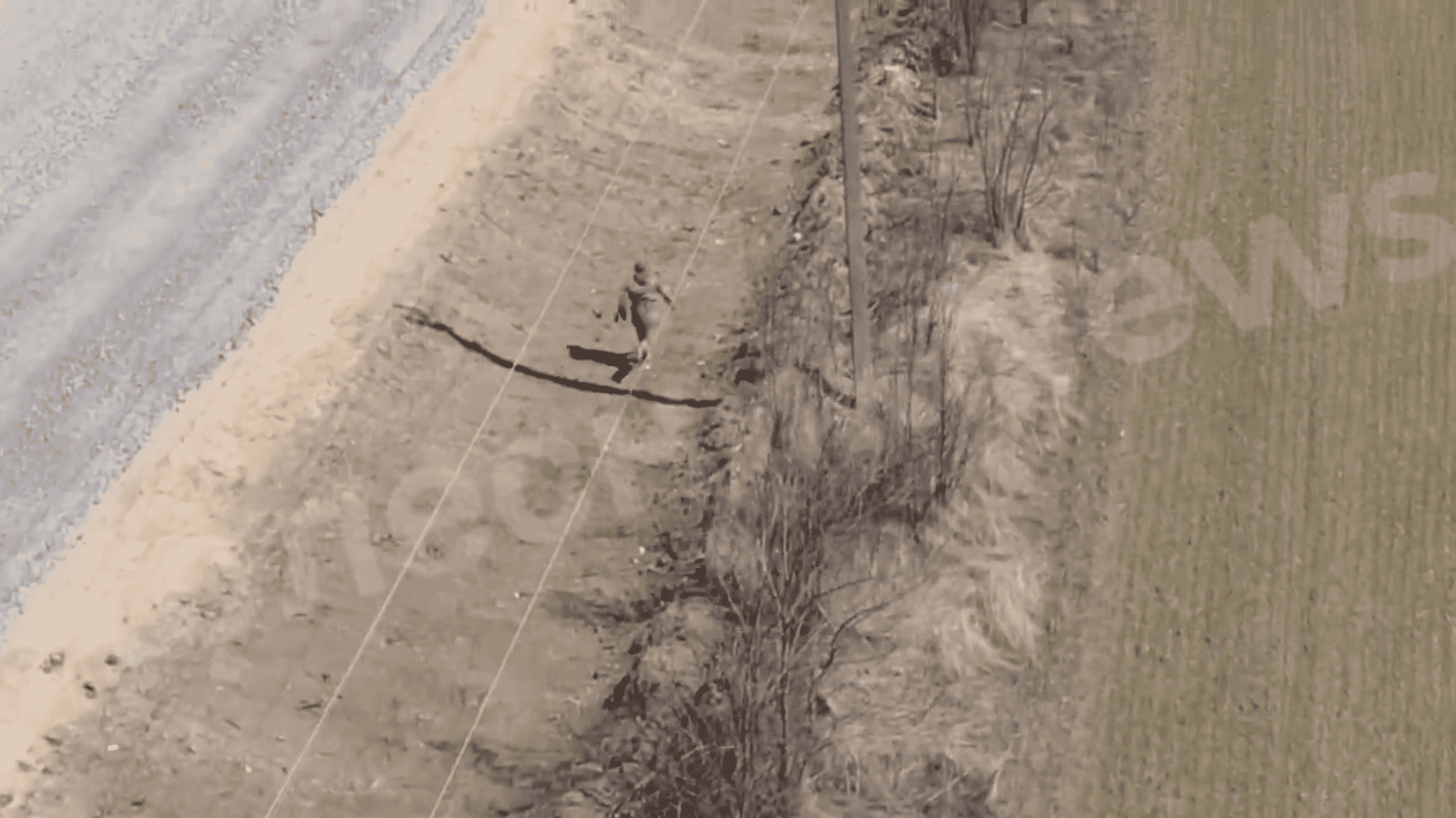In a typically baffling column in the New York Times, Thomas L. Friedman has said that Russia’s invasion of Ukraine might represent ‘our first truly world war’ because, among other reasons, ‘virtually everyone on the planet can… observe the fighting at a granular level.’
This is primarily absurd because it implies that being able to observe the conflict from anywhere around the world is more significant than the fact that many millions died there, as women and children once did from Tokyo to Tobruk. But another question is whether we are observing the conflict on a ‘granular’ level at all.
It is certainly the case the war has produced more media in a little over a month than most conflicts have in years, all of which we have been able to follow on social media. We have seen the aftermath of bombings. We have seen columns of refugees. We have seen bodies lying in the streets. We have even seen snatches of violence, such as a haunting scene, which I cannot get out of my head, in which an old man is caught in the street, amid pure chaos and confusion, before a shell explodes and the camera jolts to black.
Most of the actual fighting, though, has been observed from an aerial perspective. Drone footage has shown columns of tanks being obliterated or, in one instantly memorable scene, a Russian soldier fleeing back to his unit before it was destroyed by Ukrainian artillery.
This footage is compelling, of course, and it can be a useful way of documenting war crimes, such as when a video appeared to show Russian troops opening fire on a cyclist. Even so, this footage frequently does not offer us a ‘realistic’ view of war but a sanitised perspective – comparable to the view of someone playing strategy games. The soldier fleeing the Ukrainian drone does not look like a man. He has the comical gait of a villager in Age of Empires. (Online absurdists soon mocked up a video in which he was fleeing from a dinosaur.)
A granular perspective – a realistic one – would show us frantic men fighting for their lives as their tanks were consumed by flames, or the twisted, screaming features of the soldier as he fled. It would show us not just death but what it is like to die. As it is, their deaths are no more vivid than a bug being squished. They have no emotional resonance unless you contemplate the implications.
Now, before I am confused with a pacifist I should make it clear that I do not think there is anything wrong with Ukrainians killing members of an invading army. (Except, of course, in cases where those soldiers have surrendered, which makes it a war crime.)
Nor do I think the death of someone who has forced their way into somebody’s home is as tragic as the deaths of the inhabitants. But I do believe this bird’s-eye-view of war makes us too callous in the face of the agonising deaths of very young men who have been lied to and exploited by people who should have known better. No doubt many Russian troops will have murdered civilians in Ukraine. But many of them haven’t and their deaths, while not wrong, should not be celebrated. If nothing else, one wishes these young men had been able to stay home with their mums.
I also worry that we will become more gung ho about future interventions if war resembles a funny game in which targets are neatly, cleanly eliminated. Ukraine was Putin’s choice but the next might be ours and it might seem more appealing from our bloodless bird’s-eye-view.
Even when we must accept the deaths and suffering of soldiers, we should not forget that when a drone annihilates its target there can be civilians as well as soldiers among the wreckage. Last year, the US attempted to carry out a ‘righteous strike’ against terrorists in Afghanistan and killed an aid worker and a carload of children. No doubt the strike looked satisfying from above.
We should remember that one day it could be us underneath a drone. If nothing else, modern warfare will consign to history the idea that conflict is an honourable, ennobling pursuit. One can see how that made sense when men picked up their blades, mounted their horses and charged into battle. Not so when you can train your whole adult life for the moment when you are wiped out by an unfeeling device you never hear or see.







Comments